AWARD WINNING D.A.R. ESSAY
Mara’s essay “Young America Takes a Stand: The War of 1812”. Mara’s narrative and descriptive essay made her the National First Place Winner of the Eighth grade American History contest for the Daughters of the American Revolution (D.A.R.). Mara will have the opportunity to go to Washington, D.C. in June to accept her award at the D.A.R. Continental Congress. There were more than 10,000 entries nationwide for the DAR American History Eighth Grade Essay Contest.
Written by Mara M 8th grade
This is dedicated to my great-great-great-great-great grandpa Thomas Francisco of the 3rd regiment of New York who fought in the Battle of Lake Erie.
“Young America Takes a Stand: The War of 1812”
Frederick Moore’s Journal
It is September 9, 1813. I am currently stationed on Lake Erie in the hopes of seeing some action. Our men have been training since August and I’m beginning to tire of the whole ordeal. Commodore Perry is trying to convince us that we must ensure American control of Lake Erie if we are to win the war. He thinks that we can somehow recapture Detroit. I am doubtful to this idea, but I long for something to finally happen.
My good friend, Thomas Francisco, tells me that I shouldn’t wish for such things. He believes that it is very possible that the British will defeat us if we come in contact with them. I have no desire to train for another month. Thomas says that I need to cease griping. I think that complaining is the only thing that keeps me sane.
We have nine ships in all, which is not quite so bad. Five of the ships had been built over the spring and summer. The other four had been brought up Lake Erie. Two of our ships are huge, 20-gunners. The seven other ships were smaller, but would still serve us well in a battle. That is, if we ever see the British and their captain, Robert Barclay.
I am in the 3rd regiment of the New York militia. Thomas is also. We were not originally trained for naval fighting, but Perry was so low on troops he had taken many soldiers unaccustomed to fighting at sea. He had been forced to ask for reinforcements from Commodore Chauncey who was defending Lake Ontario. Chauncey sent several free black seamen. Perry complained, but Chauncey had so much praise for his own black seamen that Perry reluctantly agreed to take them. They have performed well, so far. Yet I think that the true test will be in battle.
Night has now fallen and the light is gone from the surface of the lake. The shadowy skeletons of our ships are silhouetted against the dark sky. The stars now creep out like little eyes and they dance across the placid, glass top of the waters. They make me feel lonely and strangely insignificant. Perhaps all of our ships will be lost and the world will not even feel a slight tremor of imbalance.
It is now September 10, 1813. I am awoken in a flustered, confused state when I hear shouts of both distress and jubilation. I sit up and I hear Thomas yell that we have caught sight of the British fleet. I quickly scramble to my feet and prepare for the fight that is to come.
I race out the door and peer through the morning fog. I count only four ships and I tell that to my comrades with glee. They shout out in happiness of the numbers until one of the crew counts two more. Then they fall silent. There is one big 21-gunner and another 18-gunner. Thankfully we still have the 20-gun flagship Lawrence and another 20-gun ship Niagara.
Now we are almost within range of the British fleet. The deck is slippery from the mist and I trip over my own feet. Thomas pulls me up and says, “Well, you finally got what you were wishing for. I guess there’s no hope for you. You can barely live through the friendly fire of our own decks!”
Suddenly, a huge boom erupted through the still air. Thomas dropped me to the floor in shock. The enormous noise has somehow sucked all of our voices out of us. For a moment, the whole world seems to be void of life. Then, a retaliating blast echoes throughout the sky. It gives us our wits back to us and we quickly jump into our battle positions. Finally all of our training would pay off.
Our ship slowly, yet purposefully, swung over in the direction of one of the smaller British ships. I see Commodore Perry’s ship, the Lawrence, pull up to a huge battleship. Surprisingly, the Niagara, is hanging back. I suppose they are using their long guns like the rest of us. I’m not sure why they don’t approach since they’re such a powerful ship.
We fire our long guns steadily at the ships in an effort to protect the flagship that Perry is on. I see a strip of blue fabric on the Lawrence. When I ask Thomas about it he says that it is a banner bearing the words “Don’t give up the ship”. Those were the last reported words of Captain James Lawrence of the USS Chesapeake.
I notice that the Lawrence had been battered beyond repair. I fear that maybe we have lost until I see a small rowboat steadily progressing towards the Niagara. Before I realize what is going on, a sudden blast from a British ship flies towards us and hits one of the men beside me. I haven’t noticed anyone be hit before. Silently, I turn and gasp in horror.
So many people are dead in front of me. The deck is literally slick with blood. It was a chilling reminder of how I had slipped on mere mist just hours before. I look up as if I expect the sky to be raining blood instead of water, but the sky is clear. My own words on wishing for action haunt me.
While my mind is numb from shock, Thomas shoots a long gun at one of the smaller ships nearby. Suddenly, he reaches out and helps me up. He tells me that Commodore Perry survived the bombardment of the Lawrence and had rowed over to the Niagara where he had helped finish the battle. The British had surrendered to our fleet. His words barely register with me.
If anyone can be called a patriot, it’s Thomas Francisco. The true heroes of this war, and any war I think, are those people who served. They don’t need to be a famous general to love their country.
Mara is active in Quiz Bowl and forensics, is a peer mentor, youth leader in 4-H and member of the Children of the American Revolution. She hopes to major in English when she goes to college one day.
Citations
Childress, Diana. Chronicle of America’s Wars: The War of 1812. Mineapolis, M.N.: Learner Publications Company, 2004.
Gay, Kathlyn, Gay, Martin. Voices from the Past: War of 1812. New York, N.Y.: Henry Holt and Company, 1995.
Grant, John and Jones, Ray. A Guide to Battlefields and Historic Sites: The War of 1812 Buffalo, N.Y.: Western New York Public Broadcasting Association, 2011.
http://www.eriemaritimemuseum.org
|
||
Reprinted picture of Mara with permission from the The Beloit Daily News- Hillary Gavan
Posted: Thursday, May 17, 2012 4:00 pm By Hillary Gavan hgavan@beloitdailynews.com
Please read more…
http://www.beloitdailynews.com/news/winning-with-patriotism/article_1d5b12b6-a031-11e1-ac1c-0019bb2963f4.html
No Comments
Leave A Comment Cancel reply
Recent Posts
Ulysses S. Grant: Union General & 18th President “Hold fast to the Bible as the sheet anchor of your liberties”
American Minute with Bill Federer
Historic Documents The Magna Carta
One of the earliest ancestors of the United States Constitution.
I received a letter from President Trump!
Today I was honored...
CLOUDS OF HEROES
CLOUDS OF HEROES with all my respect, GSMC (SW) Jose G. Acosta United States Navy D.A.V.
I Love Thy Kingdom, Lord – Recording by Susan Loch Fox Radio PA
Timothy Dwight American theologian and poet

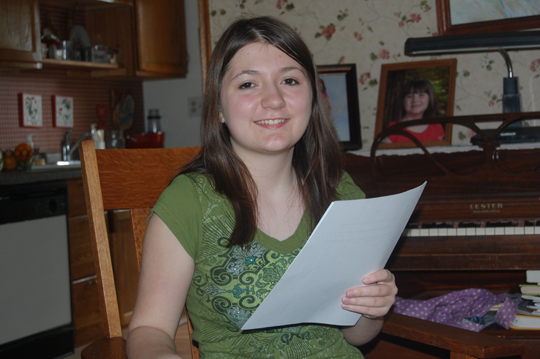

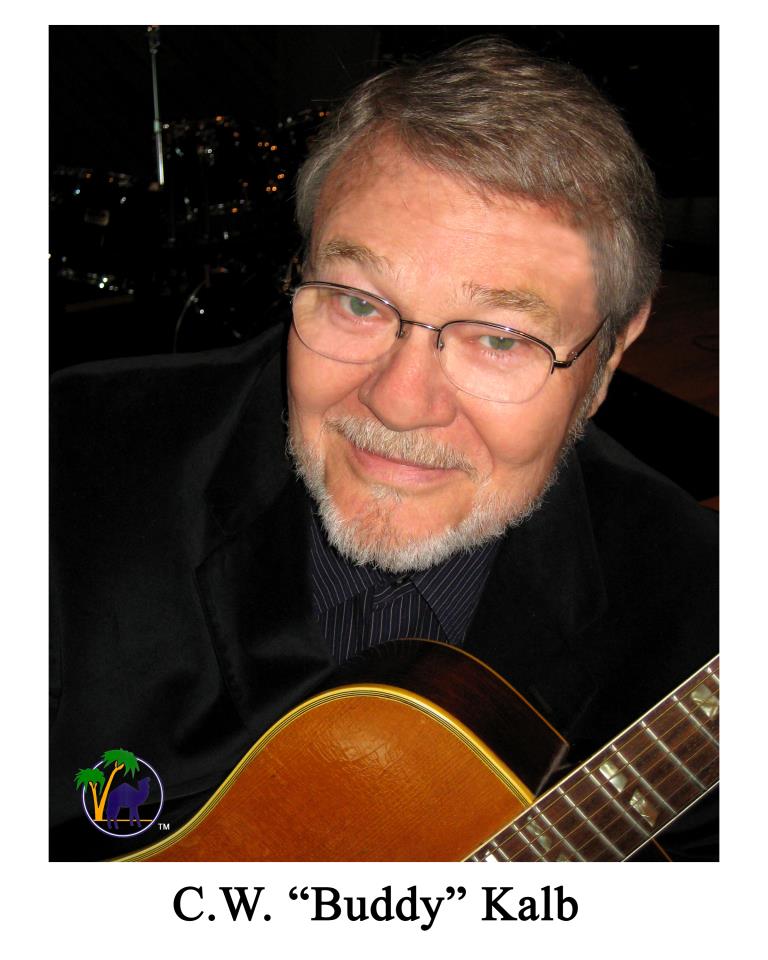
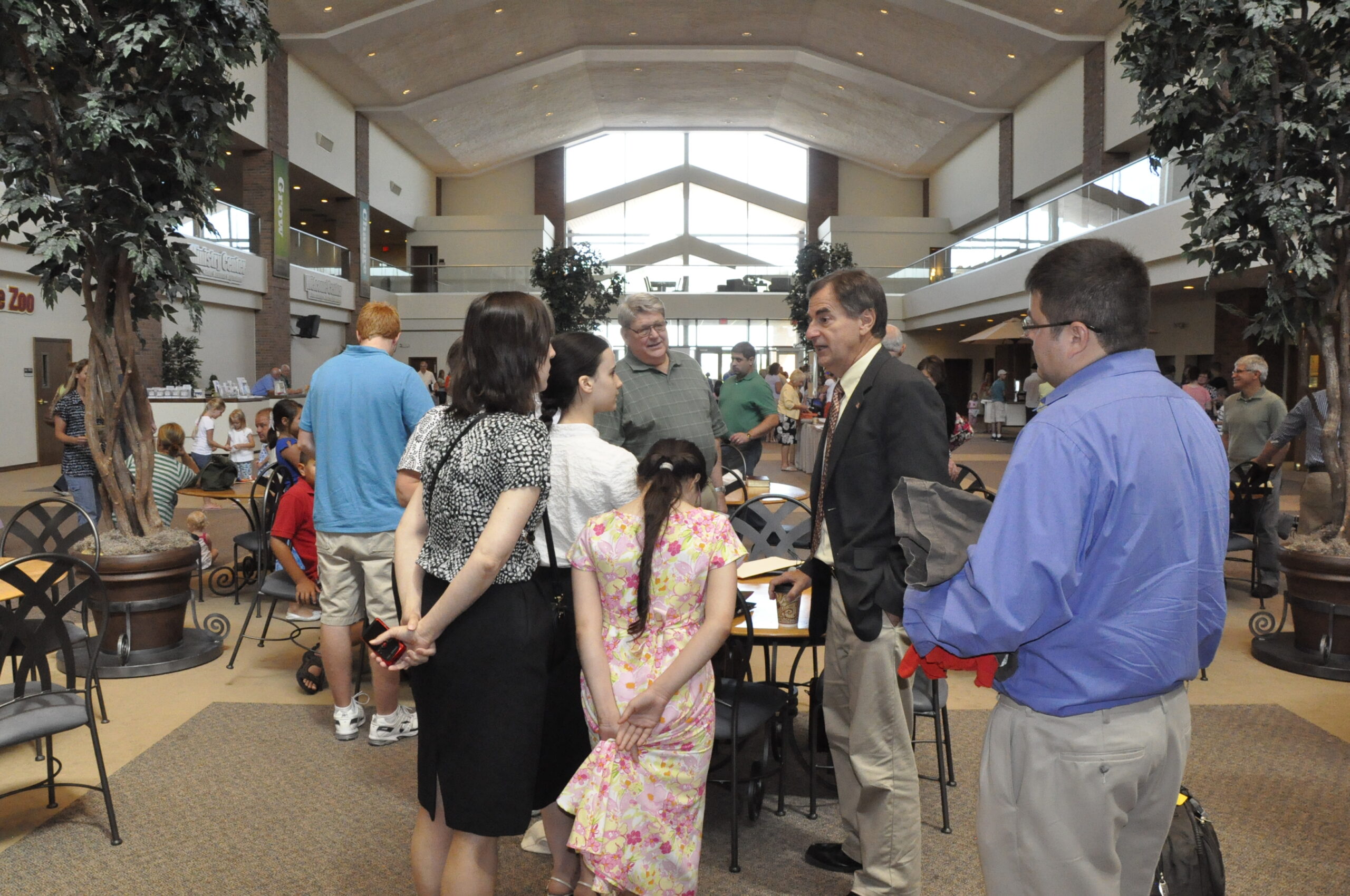
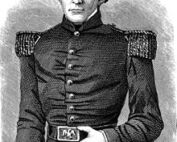
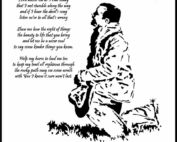
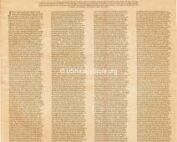
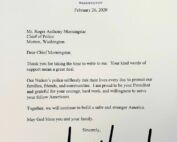
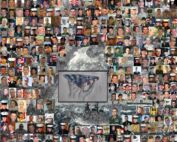
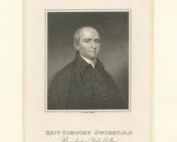
Wonderful work Mara, you keep me inspired to fight harder than ever!! Peter Recchio
Great job Mara, We are very proud of you and your writing talent.
Mara,
Very interesting. Congratulations to Mara.
Robert Burns Clark
Author Robert Burns Clark,
Breathing Life and Emotions into Characters
One Book at a Time..
March Off to War,
In September of 1861, my great grandfather, John Hoyle Howey, age 16, and his father, William Howey, age 42, sat in full uniform for this photograph. On September 13, 1861, as part of Company K, 30th Regiment of N.C. Infantry they marched off to war, father and son, together. On February 3, 1862 William Howey was discharged due to a medical disability. On September 15-17, 1862 Company K found itself in the thick of the fight at Sharpsburg. On September 18, 1862, my great grandfather, John Howey, now age 17, was wounded and fell into Union hands…
Please read more at……. http://robertburnsclark.com/marching-off-to-war/